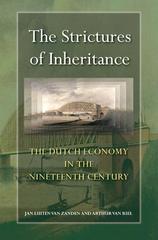Question
Consider a model in which individuals live only two periods. Individuals maximize the following utility function: U = 3/5 ln(C1) + 2/5 ln(C2) Where C1
Consider a model in which individuals live only two periods. Individuals maximize the following utility function:
U = 3/5 ln(C1) + 2/5 ln(C2)
Where C1 is the consumption in period 1 and C2 is the consumption in period 2. In each period there are N young individuals and N old individuals. An individual receives an income of $300 in period 1 and no income in period 2. The market interest rate is 5 percent, and the person can borrow or lend money at this rate.
(a) Use a diagram of indifference curves and an intertemporal budget constraint to show the individual's optimal consumption in each period, with no public pension system. Label the axes and the numerical value of the slope of the budget constraint
(b) Write down the individual's lifetime budget and solve for C1, C2, and personal savings, S.
(c)Assume a government pension plan is introduced, which takes $50 from each individual in period 1 and gives it directly to individuals in period 2.
(I) How much does each individual privately save? Explain your intuition.
(ii) Compare an individual's utility with the public pension system versus the utility without.
Step by Step Solution
There are 3 Steps involved in it
Step: 1

Get Instant Access to Expert-Tailored Solutions
See step-by-step solutions with expert insights and AI powered tools for academic success
Step: 2

Step: 3

Ace Your Homework with AI
Get the answers you need in no time with our AI-driven, step-by-step assistance
Get Started


